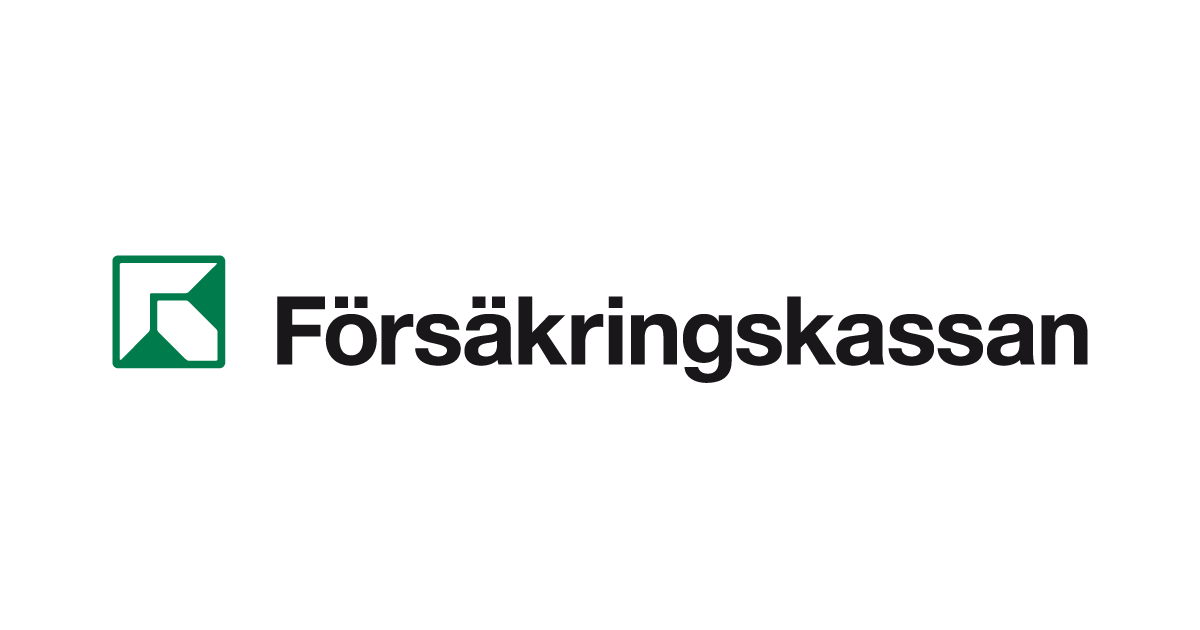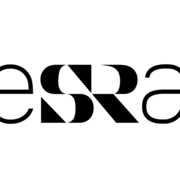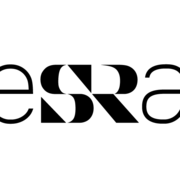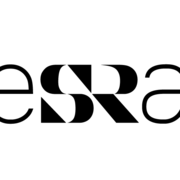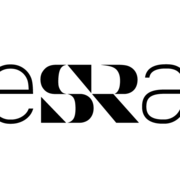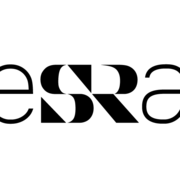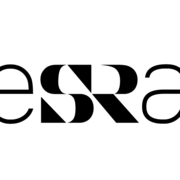Swedish news, week 36 in 2025

Weekly news are back from the summer break, and I've decided to make them shorter for now, but also free. Maybe until the end of the year, maybe until November, we'll see.
Law changes relevant for immigrants/residents
Family reunification
The Minister for Migration Policy has received the report on the inquiry about tightening the rules for family reunification. The directive given to the authors of the report was to make the Swedish rules as strict as possible without violating the EU law. Here's the summary of the proposal in the report:
- introduce a waiting period of two years as the main rule for this kind of applications
- remove the possibility to let people keep their residence permit when the family relationship that got them to Sweden has ended, as long as they've got strong ties to Sweden (like being well-established in a job)
- introduce the maintenance requirement in family reunification for researchers
- require the 'sponsor' (the person living in Sweden whom the family member would move to) to prove they can support their family in more situations than now; limit the exceptions, and introduce that requirement even in cases where it's not required today, like for people with a permanent permit in the EU
- check if the 'sponsor' can still support their family every time the permit is renewed, not just the first time
- the circle of relatives who can be granted a residence permit due to ties will be limited in certain respects, among other things when a residence permit is applied for with the goal to marry or start cohabiting with a person who has a residence permit in Sweden
- situation-adapted rules where different requirements to a greater extent shall apply to different categories of persons
- make it easier to deny the family reunification permit in cases that aren't protected by EU laws
- DNA analysis shall be offered in more family tie cases where biological kinship is claimed
- tweak the current rules that allow permits for “not so near” family members, like kids older than 18 who still live at home, so that these can be applied more easily when it's time to renew them.
If accepted, these changes will kick in on January 1, 2027, but the waiting period of two years won't apply to cases that were already started with Migrationsverket before then. The full report is 444 pages, so if something in the summary is unclear, leave a comment on this post and I'll try to dig out the details.

The upcoming budget
The next election is exactly a year away, which colors a lot of the news about upcoming law changes and budget allocations. It's about time to hand out valfläsk (voter bait, literally: election pork), and also for the parties to differentiate themselves from both allies and enemies.
The full budget is going to be presented later in September, but the government and SD are giving out some spoilers left and right. One of the proposals will be to temporarily decrease the VAT on food from 12% to 6%, from April 2026 and till the end of 2027, to get the consumption and the economy going, and to help out the people with the high food prices. The measure would be temporary because it is very expensive (estimated at 16 billion for 2026 and 21 billion for 2027). The government says it intends to set up a special comission to keep an eye on the grocery store chains not pocketing the entire difference, although it's unclear what would be the consequences if they do. When the restaurant food VAT was decreased from 25% to 12% in 2012 to increase employment, it did not have the desired effect and the prices stayed the same. But anyway, if this planned decrease works as planned, it will help the poor families more in relative terms, but the richer families more in absolute terms. It is a significant portion of the “reformutrymme” (the part of the budget to be spent on changes) of 80 billion SEK that the government has allocated, and they said at the press-conference that it could save a family with two kids about 6500 SEK per year.
The press release at the government's website also mentions a task for one of its agencies to come up with simplifications of the rules to make it easier to run a grocery store.
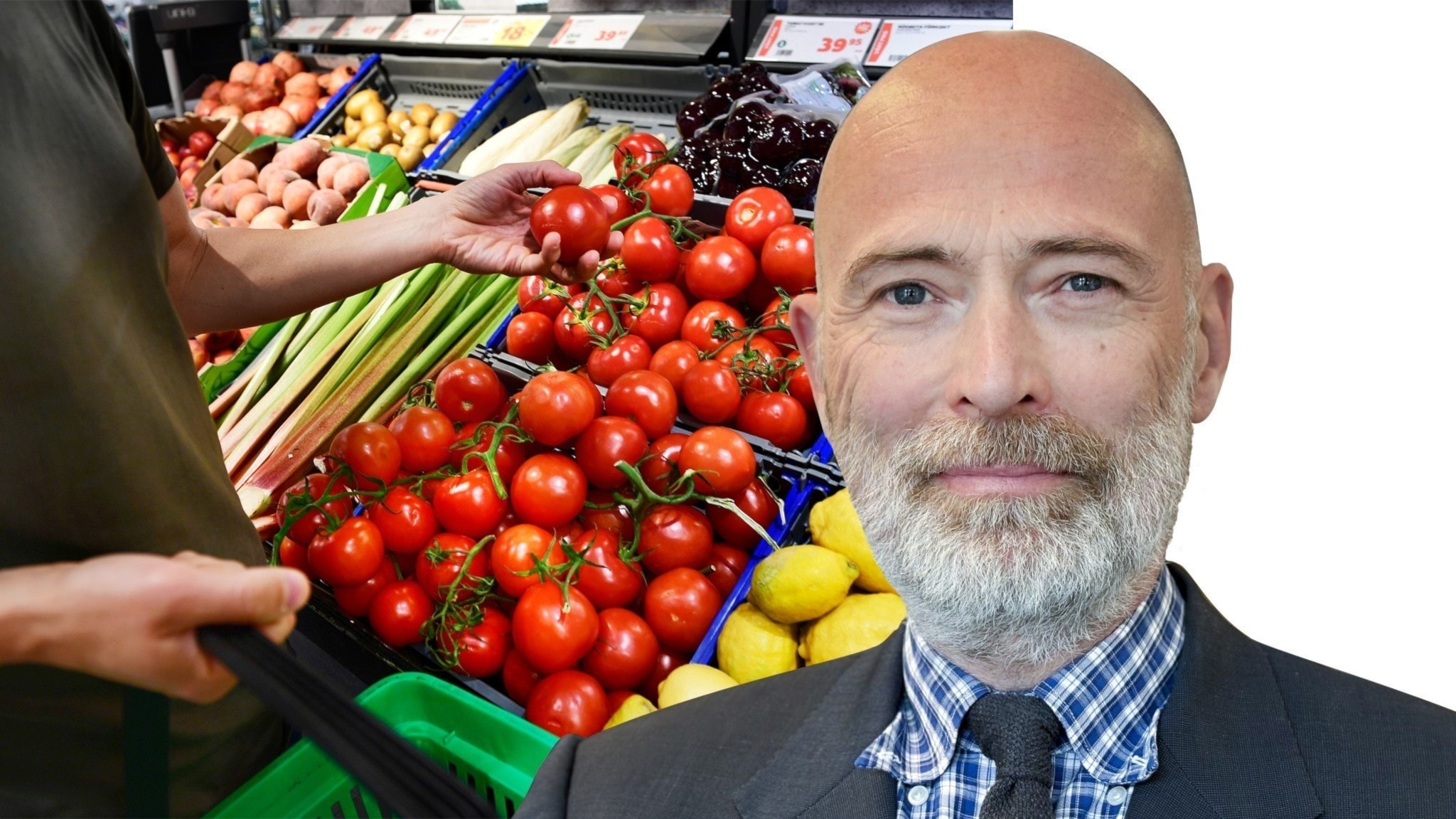

There were rumors of the budget also finally raising barnbidrag (the universal child benefit, which is currently at 1250 SEK/month and has been like that since 2018 when prices were significantly lower), but it seems like agreement hasn't been reached there and only bostadsbidrag (the special housing benefits for families in economic trouble) is going to be raised. A bigger but temporary increase to bostadsbidrag has been recently ended by the government.
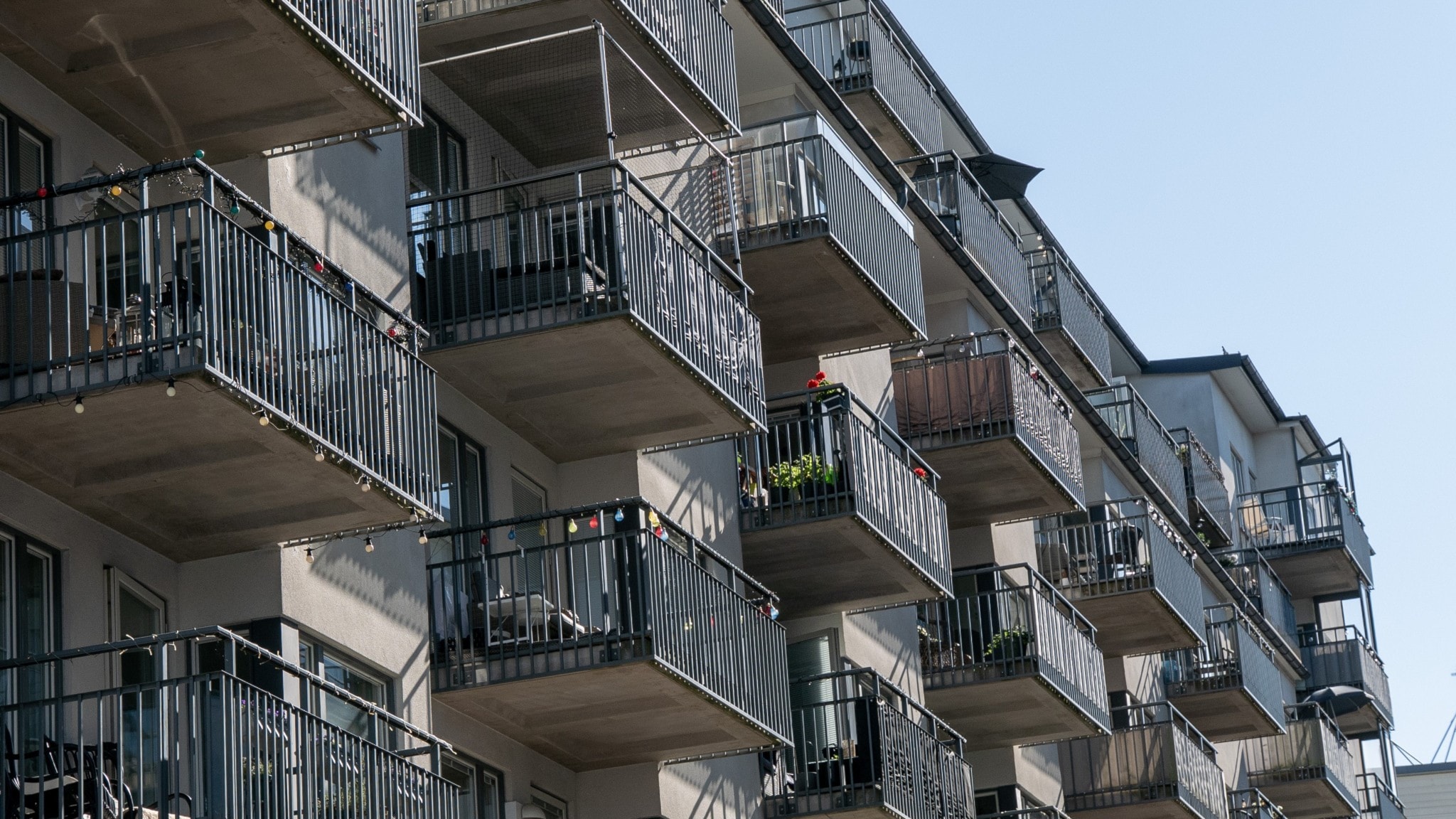
At the fika, you might hear about...
Kulturkanon (culture canon)
SD, the Swedish Democrats, made kulturkanon one of the requirements for them supporting the current government. After a few years of work, kulturkanon is here. It's a list of 100 things which are meant to represent Swedish-ness; I say “things” because it's hard to find a more specific word when the list contains books, movies, inventions, and even laws. Not only the contents of kulturkanon have made the news and given fodder for many an opinion piece about what's on there and what's left out, but also a tweet from Jessica Stegrud (MP from SD). She commented on a televized debate between the culture minister and a culture spokesperson from S, the leading opposition party: “It says a lot that it's a Swedish-born Kurd and a Persian discussing the culture canon”. This has raised many eyebrows both in the opposition and the ruling parties.

Unemployment
Unemployment in Sweden is still high, and while it declined somewhat for the immigrants from outside of Europe and for people with lower level of education, it's increasing for the highly educated Swedes. It's especially tough for new grads.
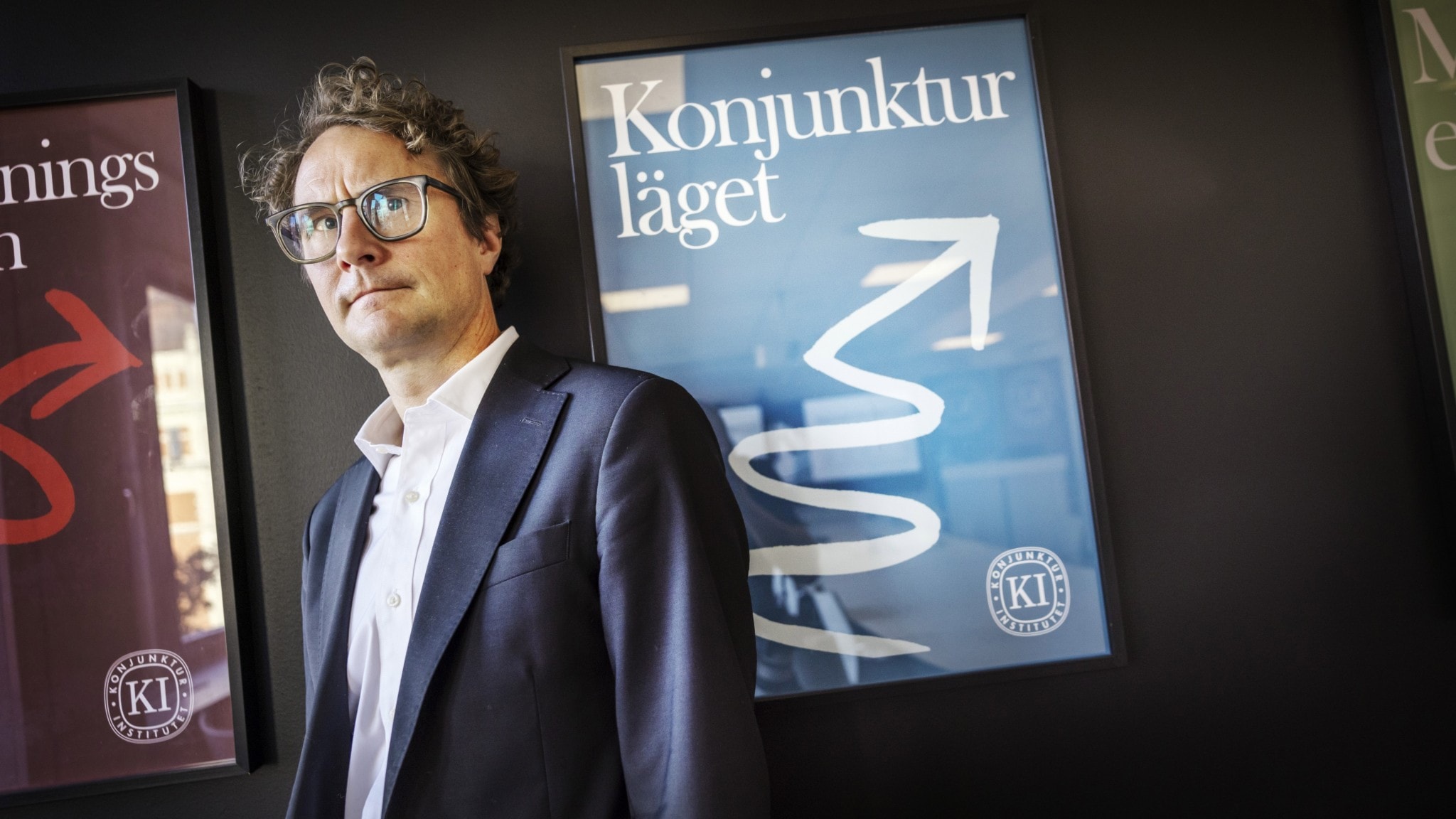
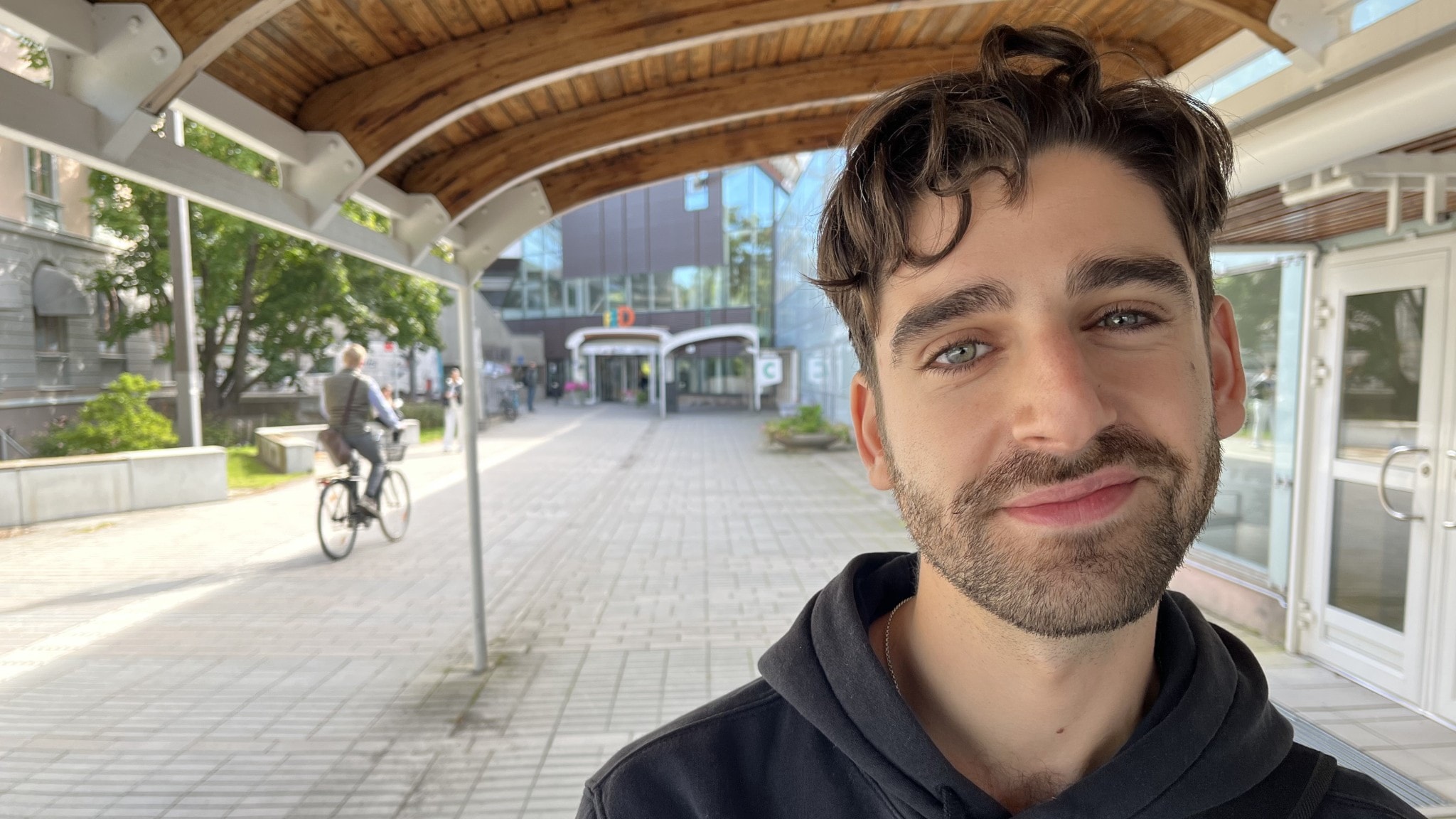
And hey, if you're on the bad side of those stats, here's an article for you:
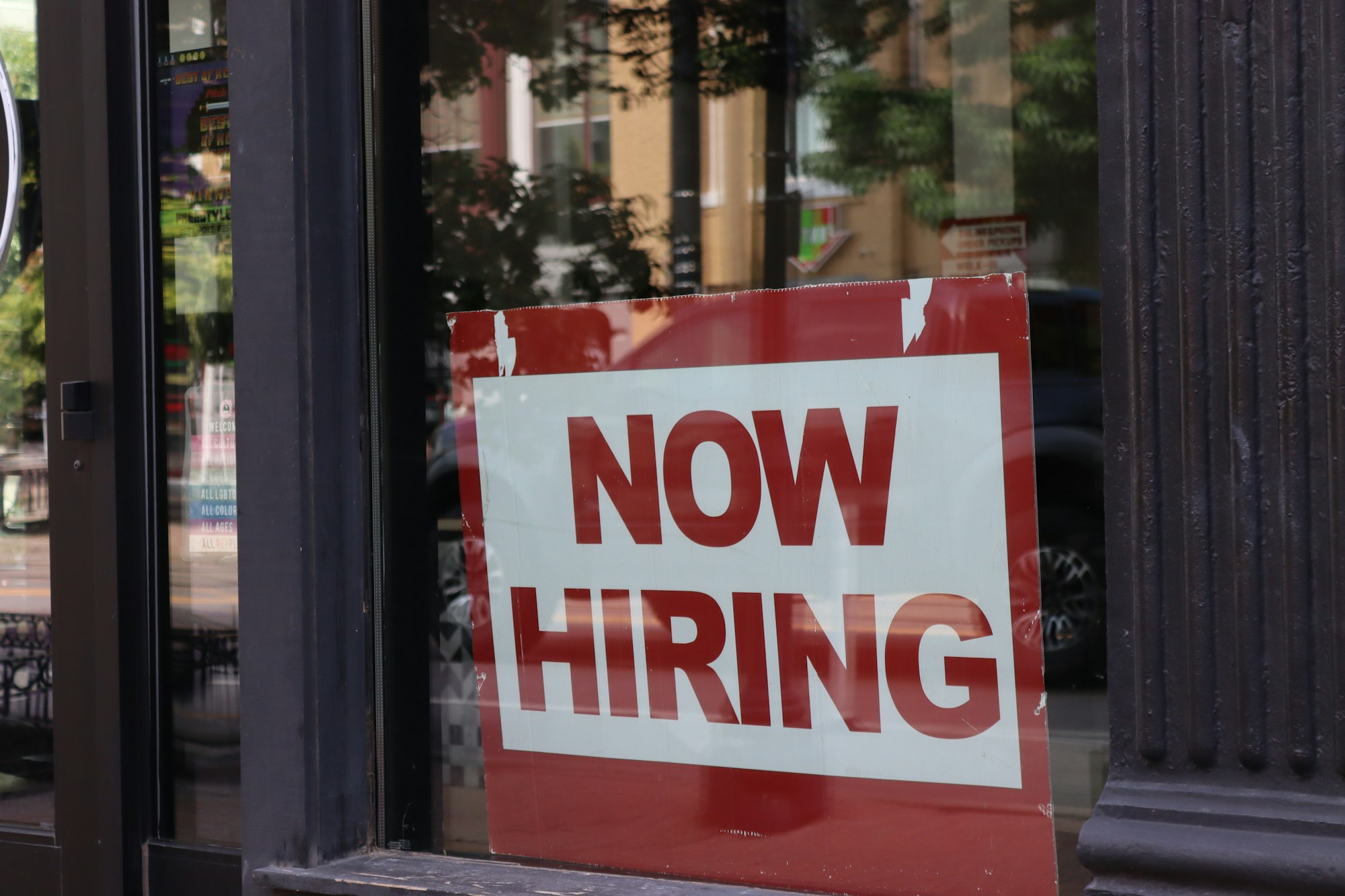
Fritidskortet (leisure activity card)
Starting 15th of September, parents can use 500 SEK per year via Försäkringskassan (the Social Insurance Agency) to pay for their 8–16 years old kids' leisure activities like sports or culture, if those activities are organized by one of the actors connected to Fritidskortet. So far 2133 organizations have signed up, most of them around Göteborg and Stockholm.
